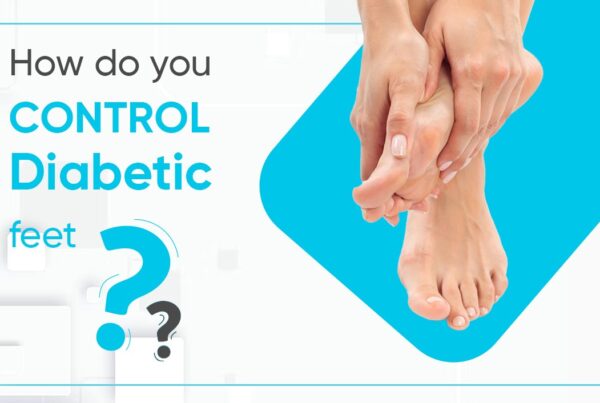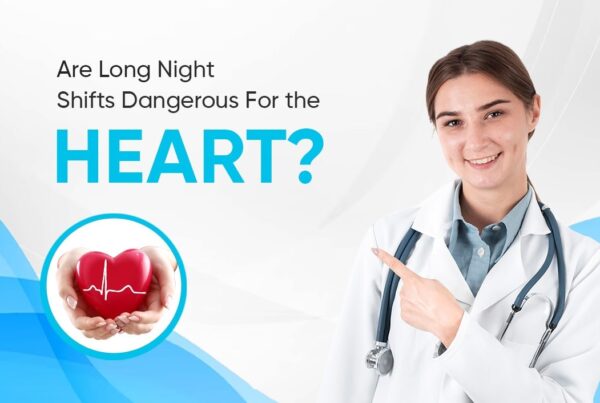Heads – up
Vitamin D is a fat-soluble secosteroid. the major forms of vitamin D are classified as Vitamin D3 and Vitamin D2 accountable for the absorption of calcium, magnesium, phosphate and many other biological effects in the body. In simple terms, Vitamin D is essential for your bone density, growth, development and quality.
People get vitamin D through food and by exposure to sunlight. For most adults below 60 years, vitamin D deficiency isn’t a concern. Some, especially those with dark skin and adults older than 65, are at higher risk of the condition.
How Much Vitamin D Do We Need
Average daily recommended amounts are listed below in micrograms (mcg) and International Units (IU)
| Life Stage | Recommended Amount |
|---|---|
| Birth to 12 months | 10 mcg (400 IU) |
| Children 1–13 years | 15 mcg (600 IU) |
| Teens 14–18 years | 15 mcg (600 IU) |
| Adults 19–70 years | 15 mcg (600 IU) |
| Adults 71 years and older | 20 mcg (800 IU) |
| Pregnant and breastfeeding women | 15 mcg (600 IU) |
The data further suggests taking 4000 IU (International units) is safe for some individuals and at times taking higher doses are temporarily safe in order to raise blood levels in few individuals. (Based on doctors advice)
Causes
It is a very common condition but many people are not aware of it. The main reasons for Vitamin D Deficiency are:
- When the body is unable to absorb the sunlight (Ultraviolet B rays)
- Inadequate intake of vitamin D through food
- Inadequate or poor exposure to sunlight
- Applying large quantities of sunscreen
- Staying in a highly polluted area
- Pregnancy and breastfeeding
- Aged people above 65 years
- Living at a high latitude
- Sedentary lifestyle
- Dark skin
- Obesity
The above causes may further result in rickets (seen in children), osteomalacia (softening of the bones) osteoporosis (reduced density and quality of the bone), and muscle weakness in adults eventually increases the risk of bone fractures.
Signs and Symptoms of Vitamin D Deficiency
- Mood swings, anxiety or depression
- Osteoporosis or bone fractures
- Sweating of the hands
- Digestive problems
- Loss of appetite
- Muscle pain
- Tiredness
- Join pains
- Hair loss
- Dry skin
- Hypertension/Hypotension
- Frequent lower back pain
- Pale skin and dark circles
- Falling sick and frequent infections
What are some effects of vitamin D on health?
Vitamin D is being studied for its possible connections to several diseases and medical problems, including diabetes, hypertension, and autoimmune conditions such as multiple sclerosis. Two of them discussed below are bone disorders and some types of cancer.
Bone disorders
As they get older, millions of people (mostly women, but men too) develop, or are at risk of, osteoporosis, condition in which bones become fragile and may fracture if one falls. It is one consequence of not getting enough calcium and vitamin D over the long term. Men and women should talk with their healthcare providers about their needs for vitamin D (and calcium) as part of an overall plan to prevent or treat osteoporosis.
Cancer
Some studies suggest that vitamin D may protect against colon cancer and perhaps even cancers of the prostate and breast. But higher levels of vitamin D in the blood have also been linked to higher rates of pancreatic cancer. At this time, it’s too early to say whether low vitamin D status increases cancer risk and whether higher levels protect or even increase risk in some people.
What foods provide vitamin D?
Very few foods naturally have vitamin D. Fortified foods provide most of the vitamin D in American diets.
- Fatty fish such as salmon, tuna, and mackerel are among the best sources.
- Cheese, and egg yolks provide small amounts.
- Mushrooms provide some vitamin D. In some mushrooms that are newly available in stores, the vitamin D content is being boosted by exposing these mushrooms to ultraviolet light.
- Vitamin D is added to many breakfast cereals and to some brands of orange juice, yogurt, margarine, and soy beverages. Make sure you always check the labels.
Treat yourself
Treatment is simple and easy to fix. Below are the simple methods to beat vitamin D deficiency at home
- Expose your Body to Sunlight: Ultraviolet B rays from the sun is the best source of vitamin D. Try to stay in the sunlight for 20-30 minutes without applying sunscreen between 11 am to 1 pm since this is the best time for essential Vitamin D Caution: Sunlight is a great source for the synthesis of vitamin D but too much exposure to sunlight may be dangerous! This leads to sunburns, aging, eye damage, sunstroke, skin cancer. Make sure you calculate the time
- Eat Vitamin D Rich Food: Natural Vitamin D sources include liver, eggs, beef liver, cheese, fishes such as mackerel, salmon, tuna, etc.
- Take Enough Calcium: Calcium and Vitamin D work together and help the bones to become stronger. This is why we should include calcium in our diet, the rich sources of calcium are dairy products, leafy vegetables, fish, tofu, almonds, beans, lentils, whey protein.
- Exercise Regularly: Researchers have also found that regular exercises such as jogging, running, playing basketball may increase the levels of vitamin D. Make sure you get the sun rays every day
The Bottom line
- Vitamin D deficiency is incredibly common and most people are unaware of it.
- As the symptoms are often subtle and non-specific, meaning that it’s hard to know if they’re caused by low vitamin D levels or something else.
- If you think you may have a deficiency, it’s important that you speak to your doctor and get your blood levels measured.
- Fortunately, a vitamin D deficiency is usually easy to fix.
- You can either increase your sun exposure, eat more vitamin-D-rich foods, such as fatty fish or fortified dairy products. You can also find a variety of vitamin D supplements on Amazon.
- Fixing your deficiency is simple, easy and can have big benefits for your health.









